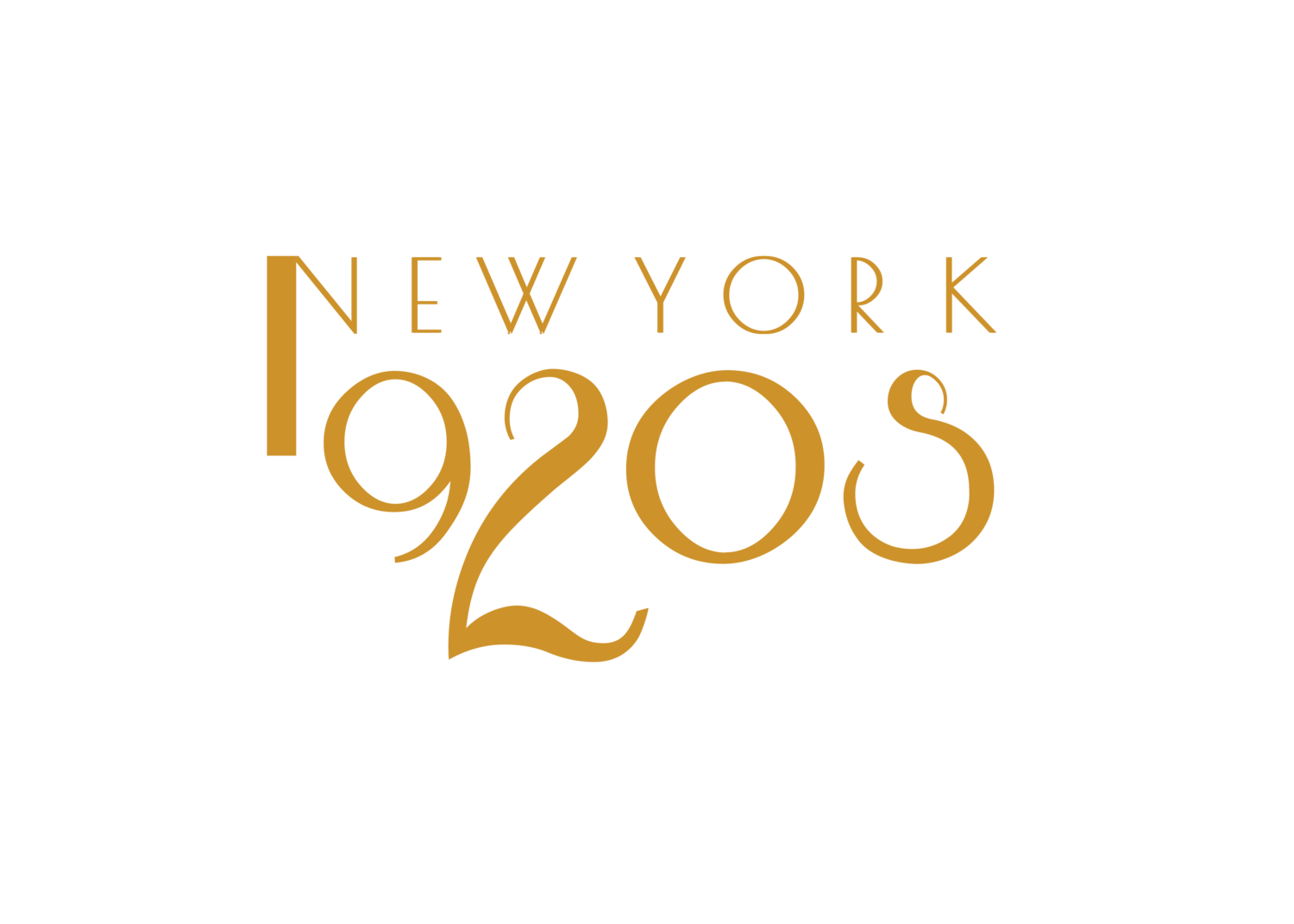First Recordings of Ethel Waters
March is Women’s History Month. NY1920s always centers women’s history; this month we’ll do so a bit more emphatically.
One hundred years ago today … Ethel Waters laid down vocals for her first records: “The New York Glide” and “At the New Jump Steady Ball.”
Youtube
No, these were not recorded for the now-legendary Black Swan Records. Waters’ first label was Cardinal Phonograph Company, which had recently established offices at 106 East 19th Street.
Note: We first featured Ethel Waters in a post for February 15, 1921. We will return to her, and Black Swan Records, later in 2021.
Talking Machine World, 15 January 1921, p. 34. World Radio History.
Talking Machine World, 15 January 1921, p. 34. World Radio History.
But wait, did Waters really record for Cardinal even after having made contact with Fletcher Henderson and Harry Pace of Black Swan in February 1921? There is some confusion in the historocal record. Numerous sources indeed list this recording session as happening in 1921 (see Martin 37), and the encyclopedic RedHotJazz website dates it precisely at March 22, 1921. Only problem there: the site also lists Waters as recording for Black Swan that day. At least one source, The Harlem Renaissance: A Historical Dictionary for the Era, claims the Cardinal recording sessions happened in 1919. The two songs in question were copyrighted in 1920, which casts the latter claim in doubt, as does the fact that, according to the Talking Machine World article above, Cardinal Records only began releasing records in January of 1921.
The lyrics to "Jump Steady Ball," are at Cancioneros.com. You can find the lyrics to “The New York Glide” on Genius.com,
References/Further reading:
The Harlem Renaissance: A Historical Dictionary for the Era. United Kingdom, Greenwood Press, 1984.
Martin, Lerone A. Preaching on Wax: The Phonograph and the Shaping of Modern African American Religion. United States, NYU Press, 2014.
– Jonathan Goldman, March 22, 2021
TAGS: Black women, singer, jazz, blues, records, African American music, music business, phonograph
